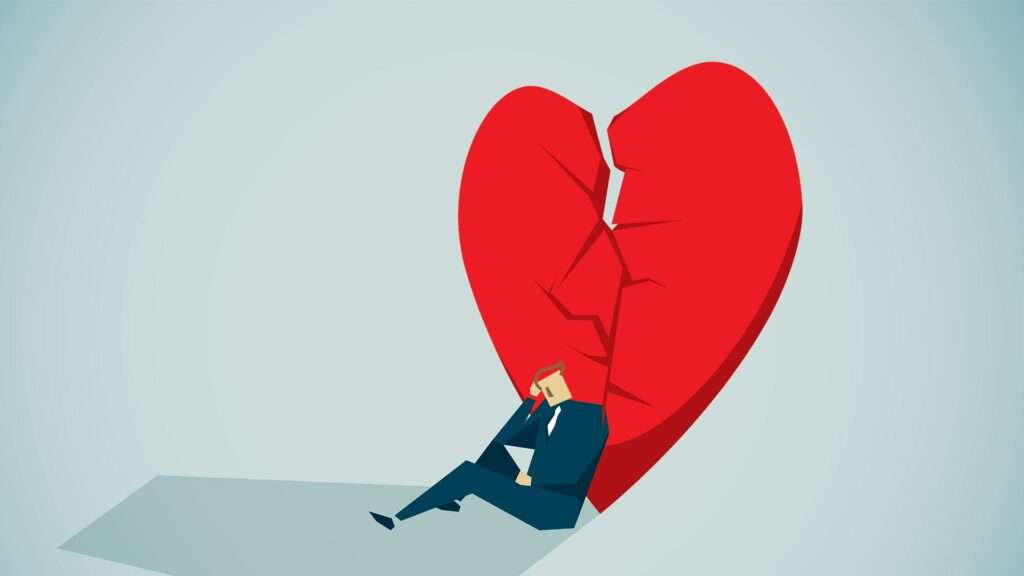Rejection is a part of life. We experience it in our personal relationships, in our professional lives, and even when we are trying to make new friends. It can be hard to deal with the pain of rejection, especially if someone rejects you multiple times. If you are struggling with rejection trauma, don’t worry – you can overcome it! In this blog post, we will discuss the causes of rejection trauma and offer some tips for overcoming it.
Contents
What Is Rejection Trauma?
 Rejection Trauma is a type of post-traumatic stress disorder. This can be a result of the experience of being rejected. People with rejection trauma often feel intense pain and humiliation after being rejected.
Rejection Trauma is a type of post-traumatic stress disorder. This can be a result of the experience of being rejected. People with rejection trauma often feel intense pain and humiliation after being rejected.
They may also find it difficult to trust others, as they fear that they will be rejected again. This trauma also means that they are prone to depression and anxiety.
Rejection trauma can occur in different ways but is often caused by a romantic relationship or work environment.
A person with rejection trauma may be afraid of being alone, which can lead to loneliness and isolation. They may also feel like an outsider at work or school because others perceive them as weak. Rejection Trauma is not always obvious to those who suffer from it. This is because it does not usually cause physical symptoms such as pain or illness. Although some people have been known to experience nausea after experiencing this form of PTSD.
It has also been found that people with rejection trauma tend towards pessimistic thinking patterns and frequently think about their past failures. This is rather than future successes. However, there is no proof that rejection trauma causes these negative thoughts.
Types of Rejection Trauma
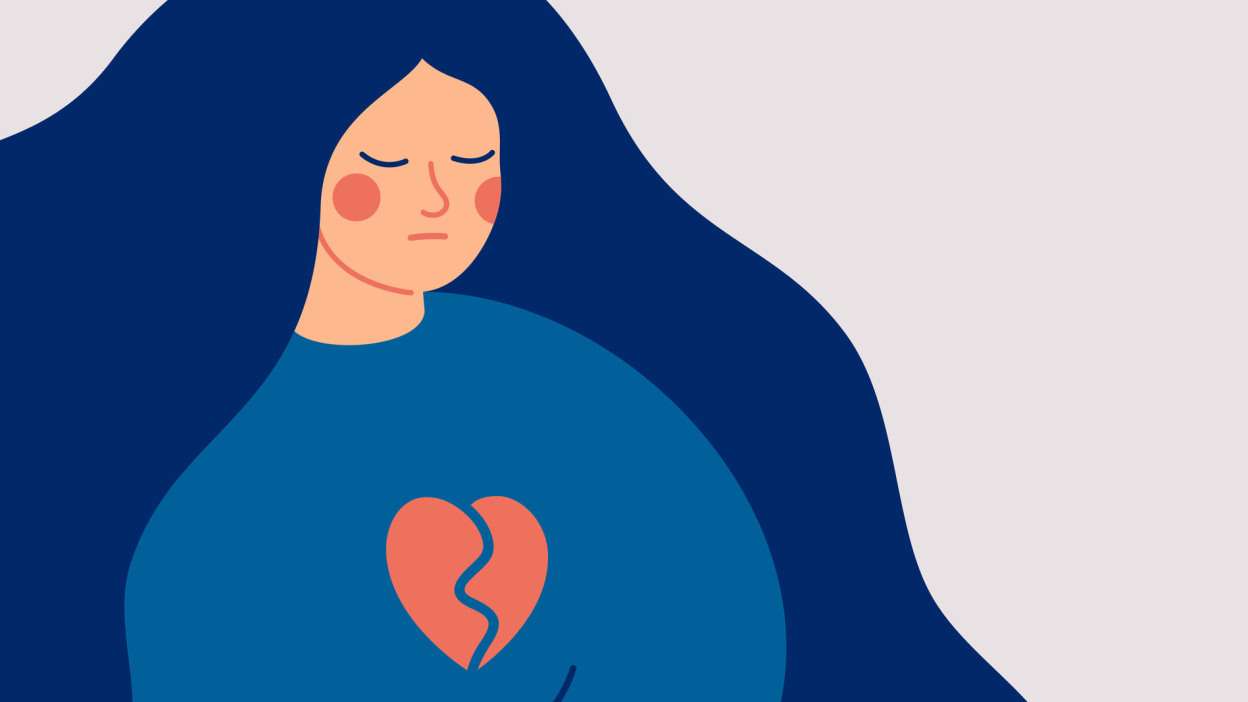
There are many types of rejection trauma. Some of these are:
Family Rejection
This type of rejection trauma is often caused by a family member who does not accept the person for who they are. This can be due to differences in race, religion, or sexual orientation.
Exclusion From Group
This type of rejection trauma occurs when someone is excluded from a group that they desperately want to be a part of. This could be a group of friends, a social clique, or a team.
Rejection By Romantic Partner
This is the most common type of rejection trauma and can be very painful. A person who has been rejected by their romantic partner may feel like they are not good enough and that they will never find love again.
Workplace Rejection
This type of rejection trauma occurs when a person is rejected at work. This can be due to demotion, job loss, or even bullying. People with this form of PTSD often feel like they do not belong in their workplace and that no one cares about them or their well-being. Workplace Rejection is common because most people spend the majority of their time at work.
School Rejection
This type of rejection trauma occurs when a person is rejected by their peers or teachers. This could be due to being teased, bullied, or feeling like an outsider. Sometimes it also occurs when a person does not fit into the social group at school.
Rejection By Friends
This type of rejection trauma occurs when a person is rejected by their friends or close family members. This could be because they are different from everyone else, or it could be due to abuse. Rejection Trauma is common in people who have experienced abuse.
Signs of Rejection Trauma
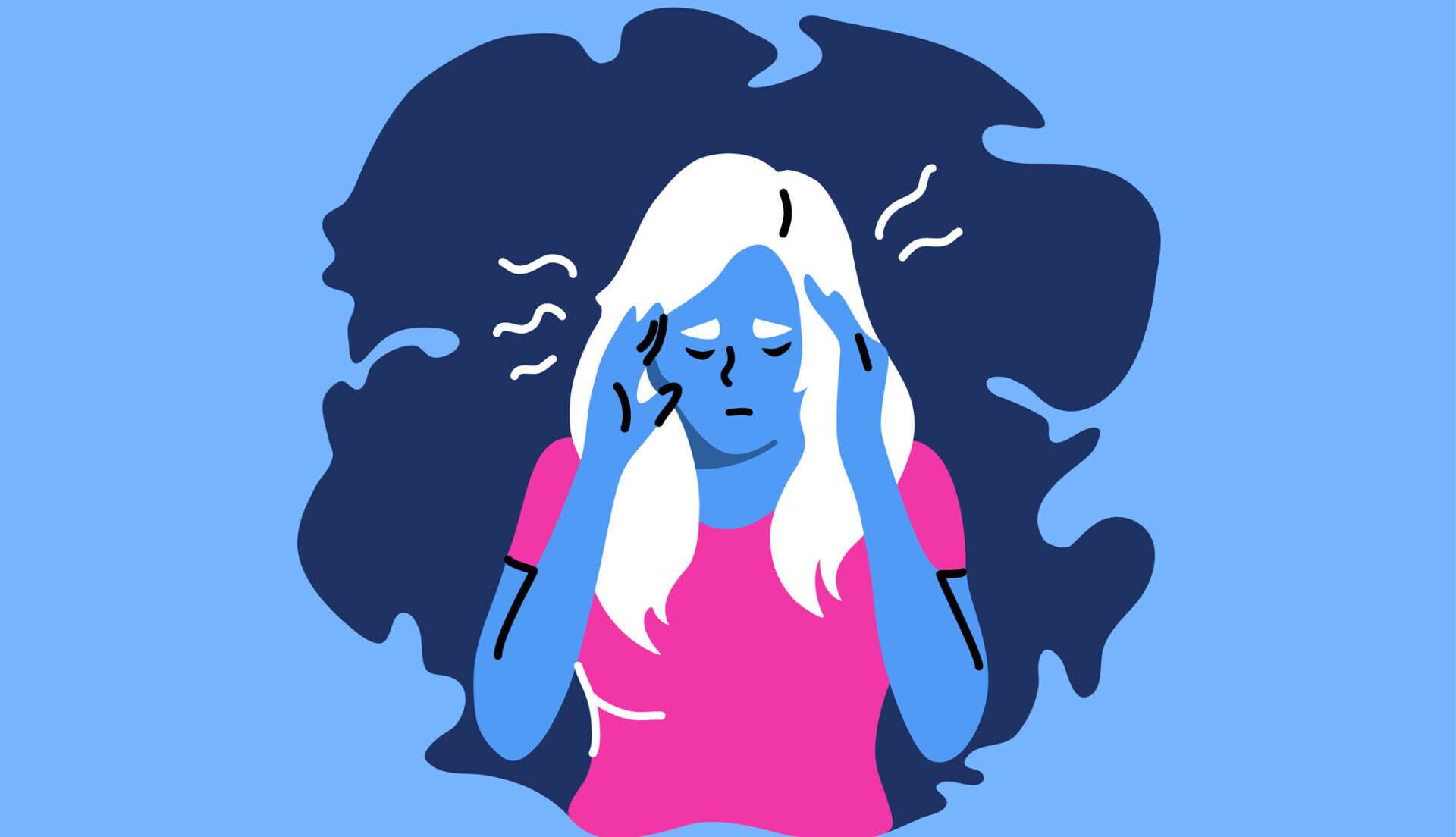
There are many signs of rejection trauma such as:
Low Self-Esteem
Sometimes low self-esteem can be a signal of rejection trauma. There are a few reasons for this. People with low self-esteem may feel inferior to others and believe that they are not good enough, which can be a result of being rejected. They may also have been told by someone else that they are not good enough or valuable and this message becomes ingrained in their mind.
People with low self-esteem are often more prone to depression and anxiety, as well as other mental health conditions.
Anxiety
One common symptom of rejection trauma is anxiety. This is because after being rejected, the person often feels like they are no longer in control of their life. They may worry about what will happen next or how they will cope if they are rejected again. The fear of being rejected can cause people to avoid social situations altogether. This is because they do not want anyone else to see them as weak.
Depression
Some people who have experienced rejection trauma may feel depressed and lonely, which can be another sign of this disorder. People with depression often feel like they are worthless and unlovable, even if there is no evidence for this belief in their life circumstances or past experiences. They may also have trouble sleeping at night because they are constantly worrying about what will happen next; however, some people find that exercise helps relieve these symptoms temporarily.
Fear of Failure
Fear of failure is another common symptom of rejection trauma. People with this fear often worry about their ability to succeed in anything they do and may feel like a failure even if they have had some successes in the past. They may also avoid trying new things for fear of not being good enough. This can be very debilitating and stop people from living a full life.
Feelings of Hopelessness
Sometimes feelings of hopelessness can be a sign of rejection trauma. People with this symptom often feel like they are not good enough and that there is no hope for them in life. They might also believe that nothing will ever change, which can lead to feelings of hopelessness and depression.
Fear of Intimacy
When someone has been rejected, it makes them afraid of being intimate or close with another person again. This is because they fear being rejected in the future; however, intimacy does not always mean physical contact but rather emotional closeness as well – such as sharing secrets or talking about personal matters without feeling judged by friends family members, etc.
Causes of Rejection Trauma
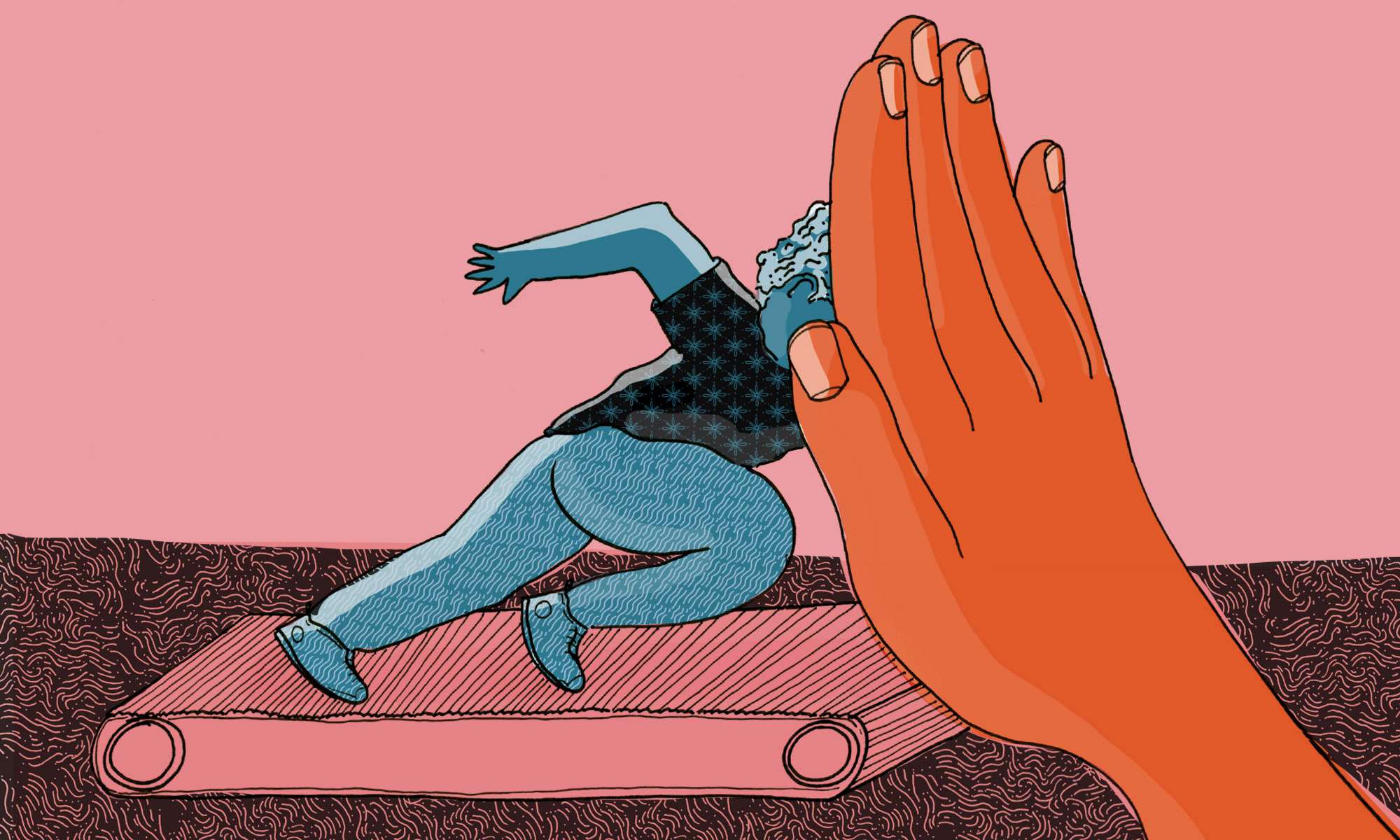
There are many causes of rejection trauma as well. Some of these are:
Childhood Experiences
Sometimes there are many traumatic experiences in a person’s childhood that can lead to rejection trauma. This might include being neglected or abused by a parent, caregiver, or another family member. It can also include being bullied at school or feeling like you don’t fit in with your peers.
Loss
People who have experienced the death of a loved one, especially if it was sudden and unexpected, are often more prone to developing rejection trauma. This is because they may feel like they are not worthy of love or attention anymore and that no one will ever want to be around them again.
Emotional Neglect
Sometimes there are many traumatic experiences in a person’s childhood that can lead to rejection trauma. This might include being neglected or abused by a parent, caregiver, or another family member. It can also include being bullied at school or feeling like you don’t fit in with your peers.
Negative Impacts of Rejection Trauma
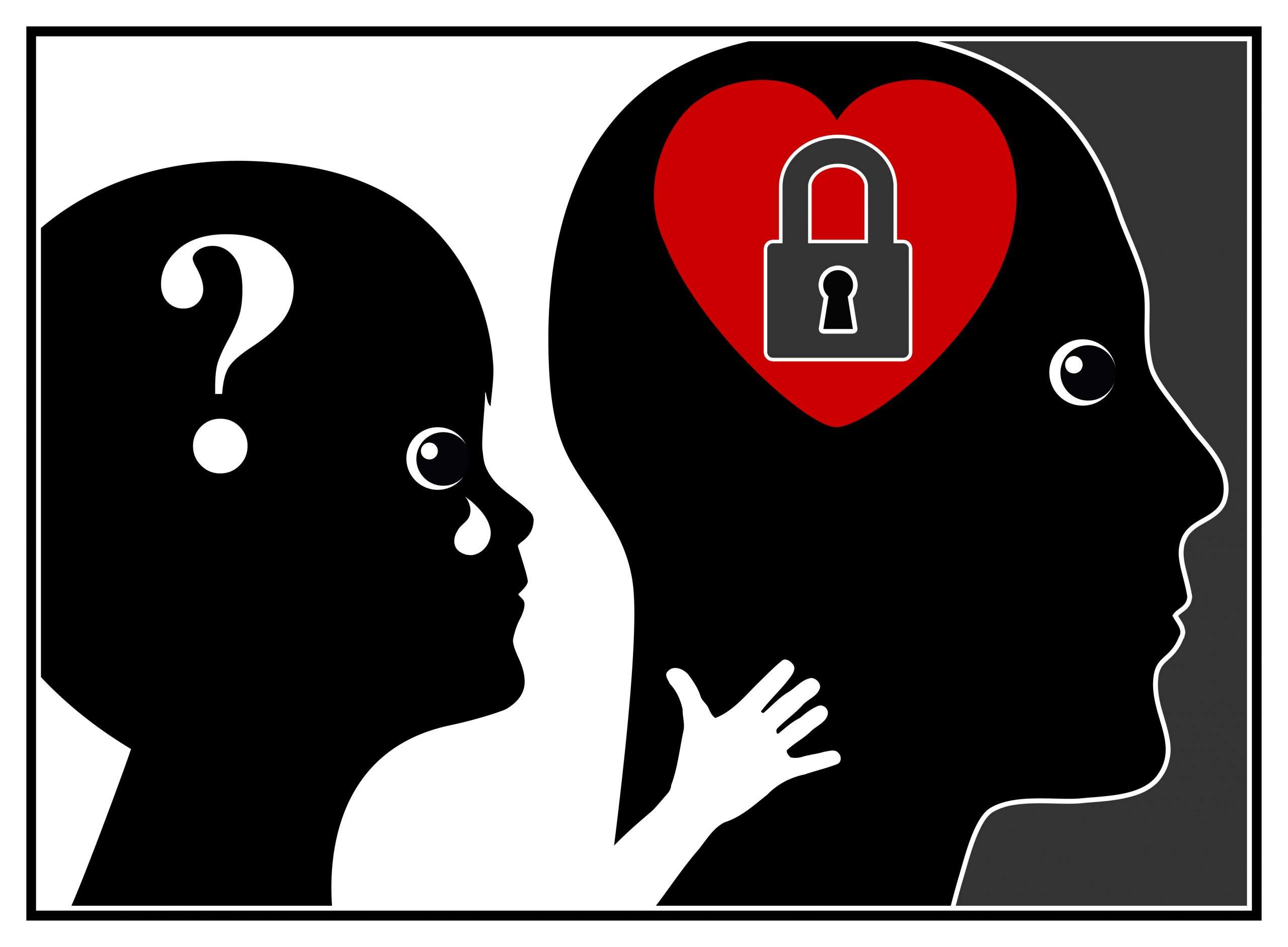
There are many negative impacts of rejection trauma. Some of these are;
Relationships
People with rejection trauma often have difficulty maintaining relationships. They may find it hard to trust others and be close to them. This is because they are afraid of being rejected again. This can lead to isolation from family friends or even coworkers if the person does not feel comfortable sharing their thoughts emotions fears etc.., which can make life more difficult for everyone involved.
Social Isolation
People who have experienced rejection trauma often feel isolated from others and may feel like no one understands what they are going through which can make it harder to connect with people on an emotional level. This isolation can lead them down a path of depression, anxiety, or other mental health issues that require professional help.
Self-Esteem
People with rejection trauma often have low self-esteem because they feel like they are not good enough. This can lead to a cycle of negative thoughts about oneself which can be difficult to break free from.
Suicidal Thoughts and Behaviours
Sometimes people with rejection trauma will have suicidal thoughts or behaviors as a way to cope with the pain they are feeling. This is a very dangerous coping mechanism and should be taken seriously if it is happening in your life or the life of someone you know.
Loneliness
Sometimes there are many traumatic experiences in a person’s childhood that can lead to rejection trauma. This might include being neglected or abused by a parent, caregiver, or another family member. It can also include being bullied at school or feeling like you don’t fit in with your peers.
Depression
Traumatic experiences can also lead to depression if not dealt with properly. This is because rejection trauma can cause people to feel isolated from others and may feel like no one understands what they are going through which can make it harder for them to connect on an emotional level with other people around them which might lead down a path of depression, anxiety or even suicidal tendencies (which should never be taken lightly).
How To Treat Rejection Trauma?

There are many ways in which one can treat rejection trauma. However, one should always consider their mental health when trying to treat it. Here are some ways in which you can treat your rejection trauma:
Medications
Medications like antidepressants and anti-anxiety medications can help to ease the symptoms of rejection trauma. However, it is important to speak with a doctor before taking any medication. Some medications are like:
Antidepressants: Antidepressants are one type of medication that can be prescribed to help ease the symptoms of rejection trauma. These medications work by increasing the levels of serotonin in your brain. This can help to improve your mood and make it easier for you to cope with the pain of rejection.
Anti-Anxiety Medications: Anti-anxiety medications are another type of medication that can be prescribed to help ease the symptoms of rejection trauma. These medications work by decreasing the activity of certain chemicals in your brain that is responsible for causing anxiety. This can help to calm your mind and make it easier for you to cope with stressful situations.
Therapy
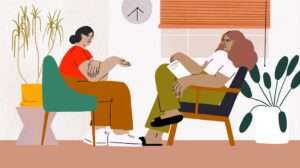 Many people find it helpful to talk to a therapist about the experiences that have led to their rejection trauma. This can allow them to process those experiences in a safe and supportive environment. Sometimes therapy may include medication as part of the treatment plan but usually involves talking out what happened so they can move forward with their lives. Some of these therapies are:
Many people find it helpful to talk to a therapist about the experiences that have led to their rejection trauma. This can allow them to process those experiences in a safe and supportive environment. Sometimes therapy may include medication as part of the treatment plan but usually involves talking out what happened so they can move forward with their lives. Some of these therapies are:
Cognitive Behavioral Therapy (CBT): This type of therapy helps you change your thoughts and behaviors that may be causing your problems. CBT can help you learn how to deal with stress and anxiety in a healthy way.
Dialectical Behavior Therapy (DBT): This type of therapy helps you learn how to manage your emotions and relationships effectively. DBT can help you learn how to cope with intense emotions and stressful situations.
How To Overcome Rejection Trauma?
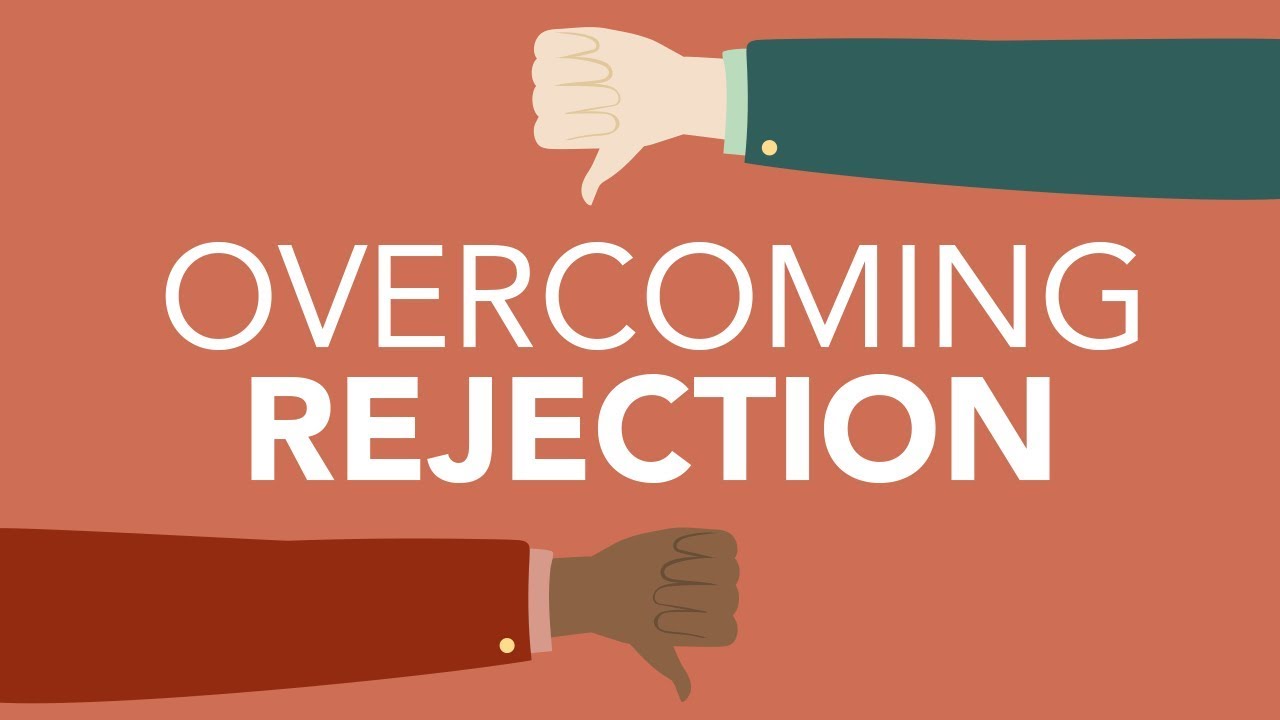
There are many ways people try to recover from rejection trauma. Some of these are:
Doing Exercise
When you exercise, your body releases endorphins. This improves mood and reduces stress levels so it’s important to find ways that work for you such as running walking biking swimming, etc., all without having any negative impact on your mental health. These things are one way in which people try to recover from rejection trauma.
Doing Meditation
Meditation is a great way to relax and focus your mind on something else instead of the thoughts that may be causing you stress or anxiety. It can help with sleep as well since it helps us feel calmer before bedtime. Meditation can also be done anywhere at any time so no matter if it’s morning afternoon evening night just take some deep breaths when feeling overwhelmed by those negative emotions coming up inside of yourself because they’ll pass soon enough once again.
Spending Time With Loved Ones
It’s important not to isolate ourselves during difficult times like this one; instead, we need social support from friends family members other community resources such as counselors spiritual leaders, etc., so don’t hesitate to reach out if you’re feeling down or depressed because there are resources available for everyone no matter what your situation might be.
Getting Professional Help
There are many ways people try to recover from rejection trauma. Some of these are: exercising, meditating, spending time with loved ones, getting professional help, and seeking support from others who may have gone through similar experiences. This is before you did so don’t feel alone. It is because chances are someone else has been where you currently stand now looking back at it all knowing they survived another day. This is more than enough reason why you should keep fighting every moment of your life. It is until death comes knocking on the door without any warning signs whatsoever. But when (and only then) do you realize just how precious life is and should never take it for granted.
Helping Someone From Rejection Trauma
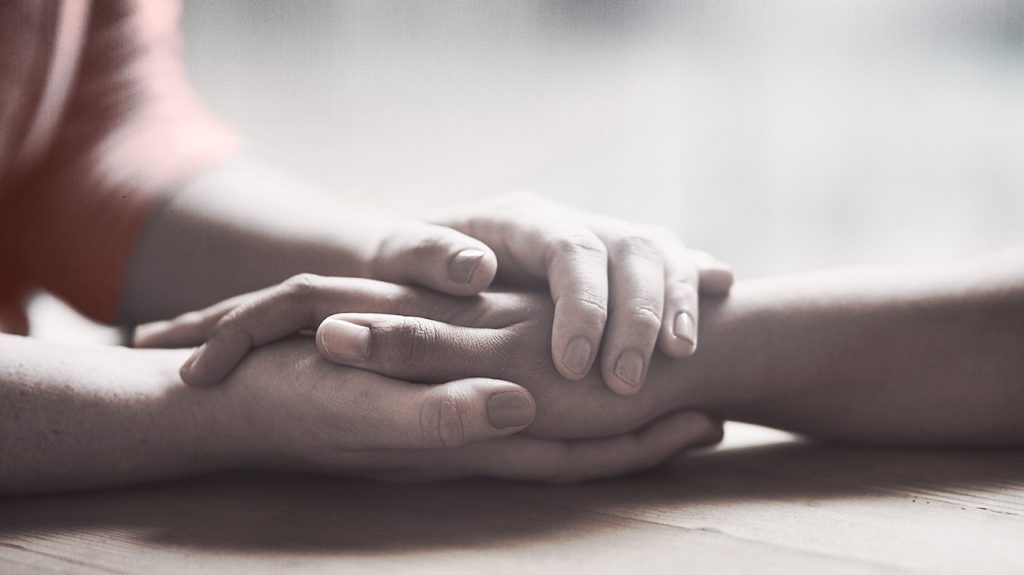
There are many methods to help someone from rejection trauma. Some of these are:
Listening
One of the most important things you can do for someone who is struggling with rejection trauma is to simply listen to them. Let them talk about their experiences and what they are feeling without interruption. This can be incredibly helpful in allowing them to process those feelings.
Providing Support
Another thing you can do to help someone from rejection trauma is provided support. This might mean helping them find resources like therapy or medication, going to support group meetings with them, or just being there for them when they need it. It also means not judging them or making assumptions about their experiences.
Give Them Space
Sometimes people just need space to work through their feelings. So giving it might also be helpful in dealing with rejection trauma. This could include letting them know that you are there if they ever want to talk but otherwise leaving them alone for a while until they’re ready. Don’t pressure this person into anything. This is because it can make the situation worse. If things seem like they aren’t getting better over time then consider seeking professional help from someone. These are those who specialize in this type of thing (e.g., therapist).
Being Patient
It may take time for someone who is struggling with rejection trauma to heal. Be patient with them and don’t expect them to recover overnight. It can take months or years before they are ready to move on from this experience. This is because there’s no way around it, but being supportive throughout is helpful. This also includes not being pushy about anything and letting them set their own pace.
Encouraging Them For Help
One can also encourage another person for seeking help. It is not a sign of weakness rather it takes courage to admit that someone needs some support and care. You can also give them resources of people who can help them through their struggles. It can also give a sense of hope and optimism. This is because they are not alone in this world who are suffering from rejection trauma.
Helping Them To Connect With Others
One can help another person to connect with others who may have gone through a similar experience. It can be helpful for them to talk to someone who understands what they are feeling and has been there before. This type of support can be very beneficial in the healing process.
Conclusion
Rejection trauma is something that can be incredibly difficult to overcome. However, there are many resources available for people who are struggling with it. It is important to reach out for help if you are feeling down or depressed. This is because there are people who care and want to see you succeed. Don’t hesitate to get professional help if things seem too difficult to handle on your own. Remember that you are not alone in this and there are others who have gone through similar experiences before you did. Be patient and supportive with yourself as well as those around you during this time.
You can also connect to us for more related information.
A Word From Therapy Mantra
Your mental health — your psychological, emotional, and social well-being — has an impact on every aspect of your life. Positive mental health essentially allows you to effectively deal with life’s everyday challenges.
At Mantra Care, we have a team of therapists who provide affordable online therapy to assist you with issues such as depression, anxiety, stress, relationship, OCD, LGBTQ, and PTSD. You can take our mental health test. You can also book a free therapy or download our free Android or iOS app.
